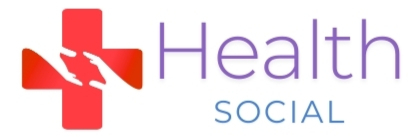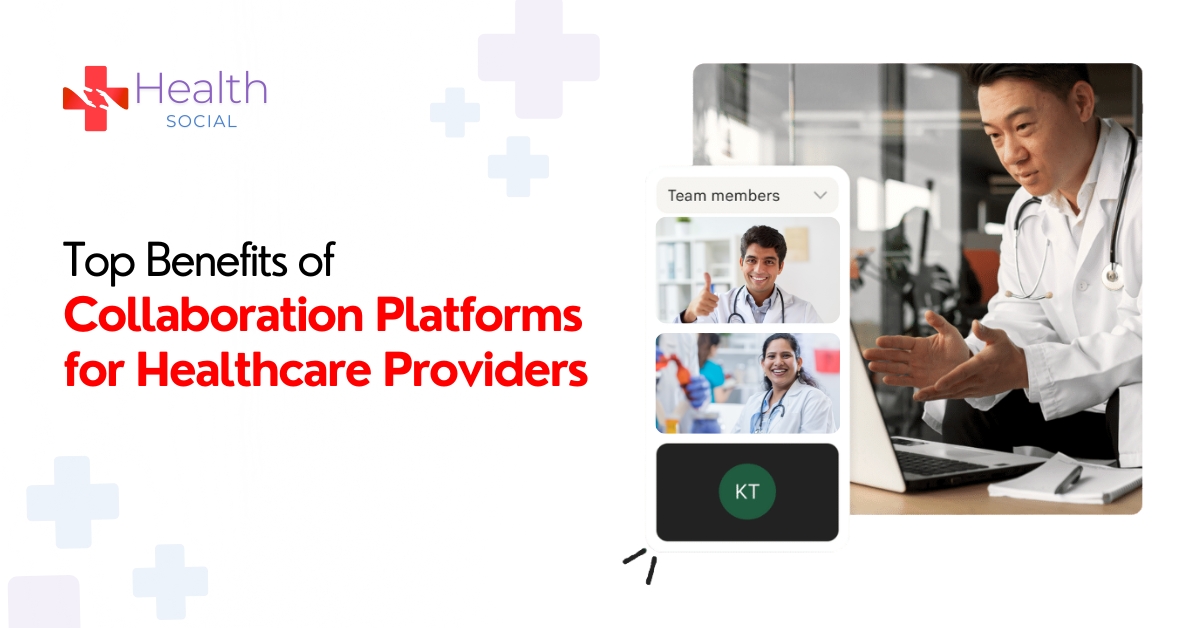In today’s fast-evolving healthcare world, the relationship between doctors and the pharma industry is more important than ever. A well-connected, transparent, and ethical doctor-pharma relationship not only benefits the two parties involved but also has a direct impact on patient care and public trust.
This blog explores why building connections in healthcare between doctors and pharmaceutical companies truly matters—and how this relationship can be nurtured for the greater good.
Understanding the Doctor-Pharma Relationship
At its core, the doctor-pharma relationship is a professional interaction where pharmaceutical companies provide doctors with information about new drugs, treatments, and medical products. In return, doctors rely on these insights to make better decisions for their patients.
However, this relationship goes beyond just sales and prescriptions. It’s about pharma industry engagement, ethical pharma practices, and building trust in pharma through transparent communication and mutual respect.
Why Strong Connections Matter
- Better Patient Outcomes
When doctors and pharma companies collaborate, the result is often improved patient-centric pharma approaches. Doctors receive timely updates about new treatment options, clinical research, and breakthroughs. This helps them offer the best possible care.
A pharma outreach program, when conducted ethically, can empower physicians with data, tools, and insights to enhance their diagnosis and treatment plans. This creates a ripple effect—what starts as a professional discussion can ultimately save lives.
- Clearer Communication = Better Trust
One of the biggest gaps in healthcare is miscommunication. By improving physician-pharma communication, misunderstandings and doubts can be reduced. Trust is built not just by giving information but by listening to the needs and concerns of the doctors.
Strong healthcare networking means doctors feel heard, respected, and supported. This opens the door for real conversations—not just product pitches.
Building Trust Through Transparency
The key to a strong doctor engagement strategy is ethical behavior. This means:
- Sharing unbiased clinical data
- Avoiding pressure tactics
- Offering continuing education through CME (Continuing Medical Education)
- Being open about drug side effects, limitations, and studies
When pharmaceutical representatives follow these practices, it sets the tone for lasting trust. Transparency isn’t a buzzword—it’s a necessity.
Real-World Example: The Power of CME
Let’s say a company launches a new drug for diabetes. Instead of aggressively marketing it, they organize CME sessions where independent experts discuss the drug’s pros and cons. Doctors appreciate this unbiased approach.
Such pharma marketing strategies that focus on education rather than persuasion earn respect. In time, doctors view the brand as a trusted partner rather than just a seller.
Listening is Just as Important
Most pharma sales techniques focus on telling—but the future lies in listening.
Doctors deal with real-life challenges: patient affordability, side effects, drug availability, and so on. When medical representatives take time to understand these issues and bring this feedback to their companies, it leads to real innovation.
A collaboration in healthcare means two-way communication. Listening shows respect—and respect builds stronger connections.
Technology: A Game-Changer in Healthcare Networking
With the rise of digital tools, doctor engagement strategies have evolved. Webinars, online portals, mobile apps, and AI-driven data platforms are helping doctors and pharma teams stay connected.
For example:
- Doctors can instantly access research data
- Representatives can offer video consultations
- Feedback can be collected through digital forms
These digital healthcare networking solutions save time and enhance the quality of interaction, especially in rural or remote regions.
Common Challenges and How to Overcome Them
Even with the best intentions, building doctor-pharma relationships comes with challenges like:
- Perceived Bias
Doctors may feel that pharma companies only care about sales. The fix? Focus on education and transparency.
- Busy Schedules
Physicians often have very little time. Digital solutions, shorter meetings, and to-the-point communication help here.
- Regulatory Hurdles
Governments and health boards have strict rules. Following ethical pharma practices not only ensures compliance but also builds long-term credibility.
What Makes a Good Pharma Outreach Program?
A strong pharma outreach program is built on:
- Education: Sharing the latest research and updates
- Empathy: Understanding what doctors really need
- Efficiency: Respecting their time
- Ethics: Always doing what’s right, not what’s easy
This kind of physician-pharma communication doesn’t feel forced. It feels natural—and that’s where the real magic happens.
Conclusion: Stronger Connections Lead to Better Care
At the end of the day, it’s not just about selling a product or increasing prescriptions. It’s about building a doctor-pharma relationship that is based on mutual trust, shared knowledge, and a genuine commitment to improving lives.
Stronger pharma industry engagement leads to more informed doctors, better treatments, and healthier patients. It also leads to a more respected and responsible pharmaceutical industry.
And when all parts of the healthcare ecosystem—doctors, pharma companies, and communities—work together, health social becomes the best model for real impact. A connected, ethical, and compassionate approach ensures better outcomes for everyone.
So whether you’re a pharma professional or a healthcare provider, remember: Building connections in healthcare isn’t just a strategy. It’s a responsibility.
Let’s move from transactional to transformational. Let’s listen more, educate more, and most of all—care more.





